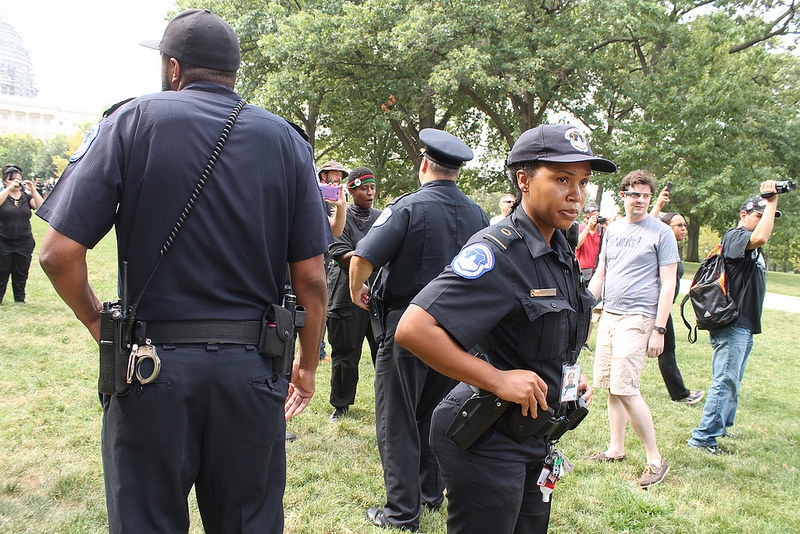| The crime rate is down. Violent crimes are off 45 percent nationally since 1995 and 34 percent in Utah. Property crimes are off 43 percent nationally and 50 percent in Utah during the same period. Those are cold, hard FBI crime statistics. And yes, Utah’s homicide rate is up a bit in recent years, but in real numbers there aren’t many murders in the Beehive State. The homicide rate here remains lower than at any time in the 1990s. The Utah Foundation laid this all out in a recently published paper. |
| | Are you surprised by this? You might be, given the steady diet in the news of mass killings and mobs objecting to police officer-involved shootings. You also might be if you listen to politicians. Newt Gingrich recently contradicted — scolded, even — a host on CNN for saying crime is down. He said he doesn’t think most Americans feel this way, and brashly said he would go with the feelings of Americans rather than the facts. He followed this up with this bold commentary that focuses on crime in a select few urban areas, while ignoring the overall statistics or the fact that only a small percentage of Americans live in the inner core of the largest cities — http://www.foxnews.com/opinion/2016/07/28/newt-gingrich-hbos-john-oliver-laughs-about-crime-while-innocent-americans-get-killed.html Writing for Forbes.com, astrophysicist and author Ethan Siegel said this is evidence of how unscientific Americans are. But while he’s tough on regular people who hold tight to their gut feelings despite facts, Siegel is particularly tough on Gingrich. “He’s supporting actively misleading people about the facts to appeal to their gut, their beliefs and their preconceptions, and to use those lies to gain power and enact policy,” he wrote. He quotes particle physicist Brian Cox, who said, “The way we got out of the caves and into modern civilization is through the process of understanding and thinking. Those things were not done by gut instinct.” The Utah Foundation found that Utahns rank crime seventh on a list of issues concerning them. That is up from 12th in 2012, but it isn’t grounded in any set of facts. The danger is that opportunistic politicians will take advantage of this general public ignorance to gain power by promising to do something about crime, and then will enact laws that spend precious resources chasing a problem that doesn’t exist. Taken to extremes, it could lead to vigilantism or to measures that threaten constitutional freedoms. Yes, the nation has a problem with mass killings. Yes, it has legitimate concerns about terrorism and the radicalization of some of its citizens. But these problems are best confronted when kept in context. The perpetrators would love to make us believe danger lurks behind every corner. It simply isn’t so. |


 RSS Feed
RSS Feed

